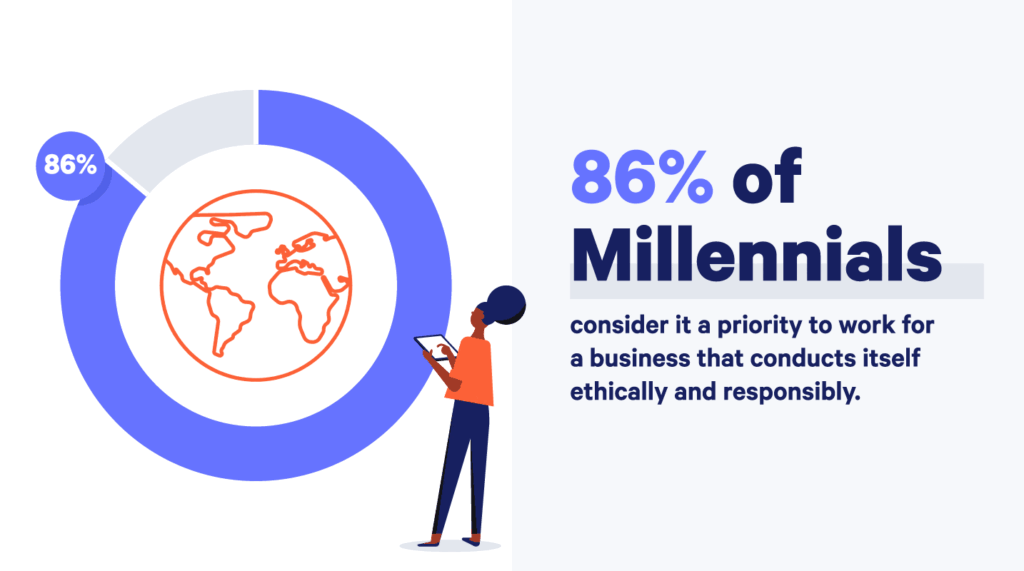In corporate social responsibility (CSR), UGC engage in various initiatives and activities to contribute positively to society and the environment. Here are some common practices and actions that we often undertake as part of their CSR efforts:
Environmental Sustainability Initiatives
Implementing eco-friendly practices within operations, such as reducing energy consumption, minimizing waste generation, and using sustainable materials. Supporting environmental conservation projects, such as tree planting, wildlife preservation, or beach clean-ups. Investing in renewable energy sources and technologies to reduce carbon footprint.

Community Engagement and Development
Partnering with local communities to address social issues and improve living standards through education, healthcare, and infrastructure development. Supporting charitable organizations, non-profits, and community-based initiatives through donations, grants, or volunteer programs. Organizing community events, workshops, or skill-building programs to empower individuals and foster community cohesion.

Ethical Business Practices
Adhering to ethical standards and responsible business conduct in all aspects of operations, including fair labor practices, human rights protection, and supply chain transparency. Ensuring diversity and inclusion within the workforce and promoting equal opportunities for employees from all backgrounds. Upholding principles of corporate governance and accountability, including transparency in financial reporting and ethical decision-making.

Employee Engagement and Well-being
Providing a safe and supportive work environment that prioritizes employee health, safety, and well-being. Offering employee wellness programs, mental health resources, and work-life balance initiatives to support overall employee satisfaction and productivity. Encouraging employee volunteerism and community service by providing paid time off or organizing company-sponsored volunteer activities.

Stakeholder Engagement and Collaboration
Engaging with stakeholders, including customers, suppliers, investors, and regulatory bodies, to address their concerns and incorporate their feedback into CSR strategies. Collaborating with industry peers, government agencies, and NGOs to tackle shared challenges and drive collective impact on social and environmental issues. Participating in multi-stakeholder initiatives, industry associations, and sustainability networks to share best practices and promote industry-wide CSR standards.

Education and Awareness
Raising awareness about key social and environmental issues through educational campaigns, public outreach, and media partnerships. Providing training programs and resources to employees, suppliers, and other stakeholders to promote sustainability literacy and responsible citizenship. Engaging in thought leadership and advocacy efforts to influence public policy, support regulatory reform, and advance sustainable development goals. Overall, our corporate social responsibility involves a holistic approach to business management that integrates social, environmental, and ethical considerations into core business strategies and practices. By actively addressing these issues, companies can create long-term value for society, the environment, and their stakeholders while also enhancing their own reputation and competitiveness in the marketplace.
